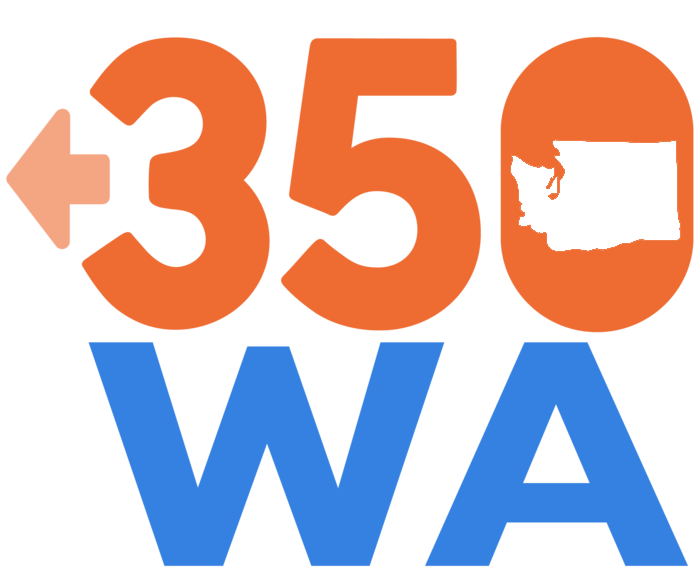Salmon & Water Quality
Salmon are more than a simple indicator of ecosystem health, their behavior significantly impacts tree growth and carbon sequestration along the river banks through which they migrate. In the PNW specifically, the detrimental changes to the oceans and rivers due to climate change can severely impact salmon throughout their life cycle. Decreasing salmon populations hurts the health of the ecosystem, negatively impacts the Washington economy, and ignores the cultural significance salmon have for the Indigenous Peoples of this land.
Protecting these salmon and protecting the waters of this region go hand in hand. Though Washington is making headway in limiting water pollution and is among the first in the nation to do so, the current chemical level restrictions have not stopped the decline of the Pacific salmon populations. Therefore, we must keep pushing for water pollution restrictions and legislation aimed at improving overall water quality
Legislative Protections for Salmon Recovery and Clean Water
Threats to the salmon populations are direct threats to the ecological systems they belong to and the communities who rely on them, making this a climate justice and social justice issue. Therefore, 350 Seattle is committed to supporting legislative protections for salmon populations and overall water quality.
2024 brought new aquatic life toxics criteria from the Washington Department of Ecology. These new criteria limit the chemical content of marine and freshwater that have detrimental short- and long-term consequences for salmon populations.
Widely known as “salmon tires”, the chemical 6PPD-quinone is released from car tires and deposited into the water systems through highway runoff. Senate Bill 5931 was the first piece of legislation to acknowledge the discovery of this tire runoff.
The Salmon Recovery Funding Board (SRFB), Puget Sound Acquisition and Restoration (PSAR), the Climate Commitment Act, and the Estuary and Salmon Restoration Program are all legislative vessels under which salmon recovery can be prioritized at the state level.
Threats to the salmon populations are direct threats to the ecological systems they belong to and the communities who rely on them, making this a climate justice and social justice issue. Therefore, 350 Seattle is committed to supporting legislative protections for salmon populations and overall water quality.
Salmon have an important role in the local economy, and decreased salmon populations negatively impact local communities that rely on salmon fishing.
Salmon are a culturally significant staple for Indigenous communities in Washington and destroying these populations further strips Indigenous Peoples of their rightful ties to their land.
Join our people-powered team fighting for climate legislation in Washington state
During the legislative session in January–March, we’ll send you two easy-access Civic Action Team emails per week to push for essential legislation.
